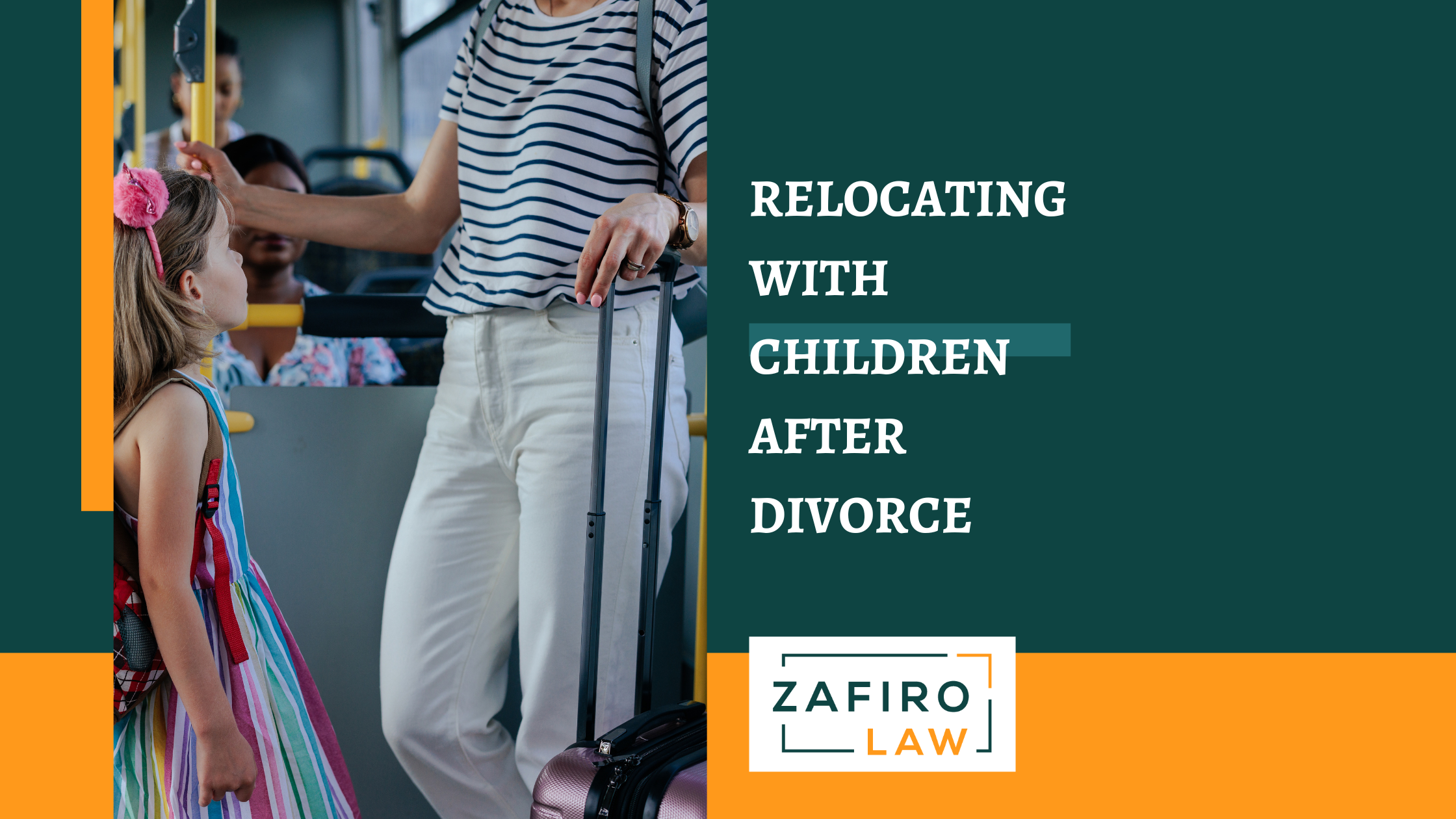Even after your divorce has been finalized, one of the most challenging issues is learning that your spouse wants to relocate with your child. Moving to a new home, city, or state impacts logistics and the children’s emotional well-being. Understanding how this scenario is approached from a legal standpoint can help make informed decisions that align with the children’s best interests.
The Basics of Relocation
When a parent decides to relocate with their children following a divorce, the legal framework is built around balancing the interests of all parties involved—namely the children, the custodial parent, and the non-custodial parent. The decision on whether the relocation can happen largely hinges on several components. For example, the type of residential schedule is in place, whether it’s a shared custody arrangement like 50/50 or a primary custody setup like 70/30. How far do they intend to move? Distance matters. There’s a marked difference between moving a mere 20 minutes away and crossing states. Courts will also consider the reasons behind the request. It must be substantial. Examples include a confirmed job offer or moving to a location where family can support them.
The presumption typically favors allowing the relocation, but the non-relocating parent can contest this. The timing of notifying the other parent also matters; prompt communication is expected to allow ample time for any objections, which should also be filed without delay if the non-relocating parent disagrees with the move. The relocating parent must demonstrate the move’s necessity and benefits clearly and convincingly. If a parent learns of the other’s intent to relocate, they must object promptly to have their concerns formally considered.
What Factors the Courts Look At
Having a majority of custody time, like a 70/30 schedule, does not automatically guarantee approval for relocation. Each case is assessed on its own merits, with the child’s best interests at heart. Factors reviewed by the court include the quality and stability of the child’s relationship with both parents, the potential emotional and educational impact on the child, and the logistical and financial implications of the move. The court evaluates the benefits of the child remaining in their current environment against the advantages of the proposed new location.
This involves looking at the quality of life, educational opportunities, and the presence of extended family or other significant relationships. The feasibility of maintaining a solid relationship with the non-custodial parent through alternative arrangements, such as extended holiday visits or virtual communication, is also considered. The court takes no preset order in weighing these factors, ensuring a balanced and fair deliberation for each case. Details like the child’s age and developmental needs are critical in deciding the impact of relocation. Financial aspects and the logistics of the move are also scrutinized to ensure the decision supports the child’s overall growth and well-being.
Getting Legal Counsel for a Relocation Dispute
Decisions about relocating with children post-divorce carry significant consequences for everyone involved. If you are considering relocation or have been notified of a proposed move, seek legal guidance early. Contact us today to schedule a consultation and discuss your specific circumstances.


